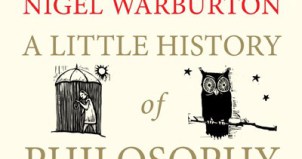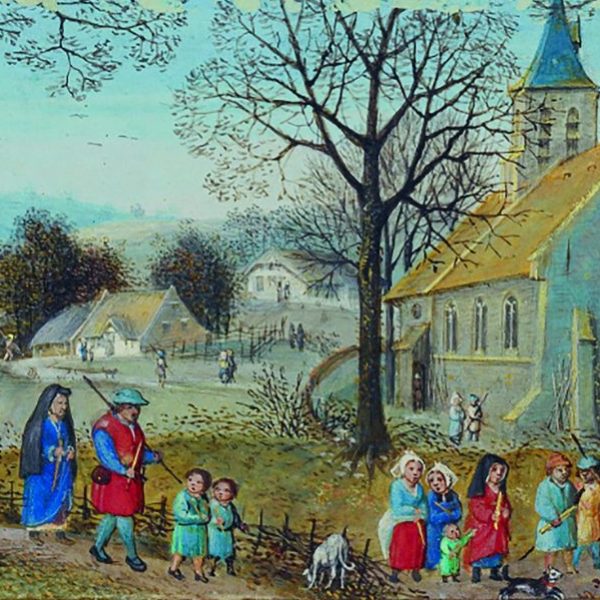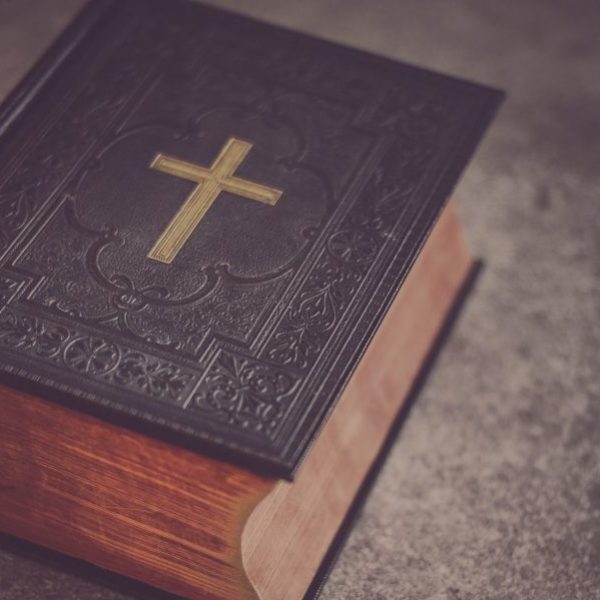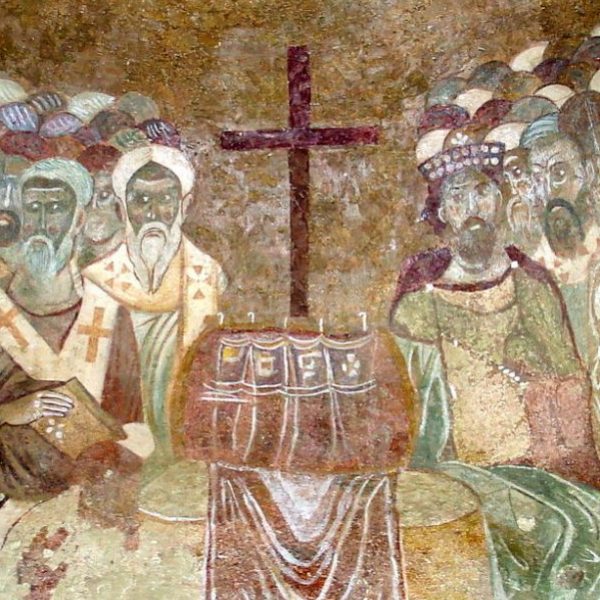Nigel Warburton on Blaise Pascal
 An excerpt from Nigel Warburton’s A Little History of Philosophy, a lively and accessible introduction to Western philosophy, bringing the ideas of the world’s greatest thinkers into focus. from Socrates’ questions about reality to Peter Singer’s thinking on the moral status of animals in our own times.
An excerpt from Nigel Warburton’s A Little History of Philosophy, a lively and accessible introduction to Western philosophy, bringing the ideas of the world’s greatest thinkers into focus. from Socrates’ questions about reality to Peter Singer’s thinking on the moral status of animals in our own times.
Nigel Warburton—
If you toss a coin it can come up heads or tails. There is a 50/50 change of either, unless the coin has a bias. So it doesn’t really matter which side you bet on as it is just as likely each time you toss the coin that heads will come up as tails. If you aren’t sure whether or not God exists, what should you do? It is like tossing a coin. Should you gamble on God not existing, and live your life as you please? Or would it be more rational to act as if God does exist, even if the odds on this being true are very long? Blaise Pascal (1623-62), who did believe in God, thought hard about this question.
Pascal was a devout Catholic. But unlike many Christians today, he had an extremely bleak view of humanity. He was a pessimist. Everywhere he saw evidence of the Fall, the imperfections we have which he thought were due to Adam and Eve betraying God’s trust by eating the apple from the Tree of Knowledge. Like Augustine (see Chapter 6), he believed that human beings are driven by sexual desire, are unreliable and easily bored. Everyone is wretched. Everyone is torn between anxiety and despair. We should realize how insignificant we all are. The short time that we are on earth is, in relation to the eternity both before and after our lives, almost meaningless. We each occupy a tiny space in the infinite space of the universe. Yet, at the same time, Pascal believed that humanity has some potential if we don’t lose sight of God. We are somewhere between beasts and angels, but probably quite a lot closer to the beasts in most cases and for most of the time.
Pascal’s best-known book, his Pensées (‘Thoughts’), was pieced together from fragments of his writing and published in 1670 after his early death at the age of 39. It is written in a series of beautifully crafted short paragraphs. No one is completely sure how he intended the parts to fit together, but the main point of the book is clear: it is a defence of his version of Christianity. Pascal hadn’t finished the book when he died. The order of the parts is based on how he had arranged pieces of paper into bundles tied with string. Each bundle forms a section in the published book.
Excerpted from Chapter 12: “Place Your Bets: Blaise Pascal” in A Little History of Philosophy, by Nigel Warburton. Copyright © 2011 by Nigel Warburton.




